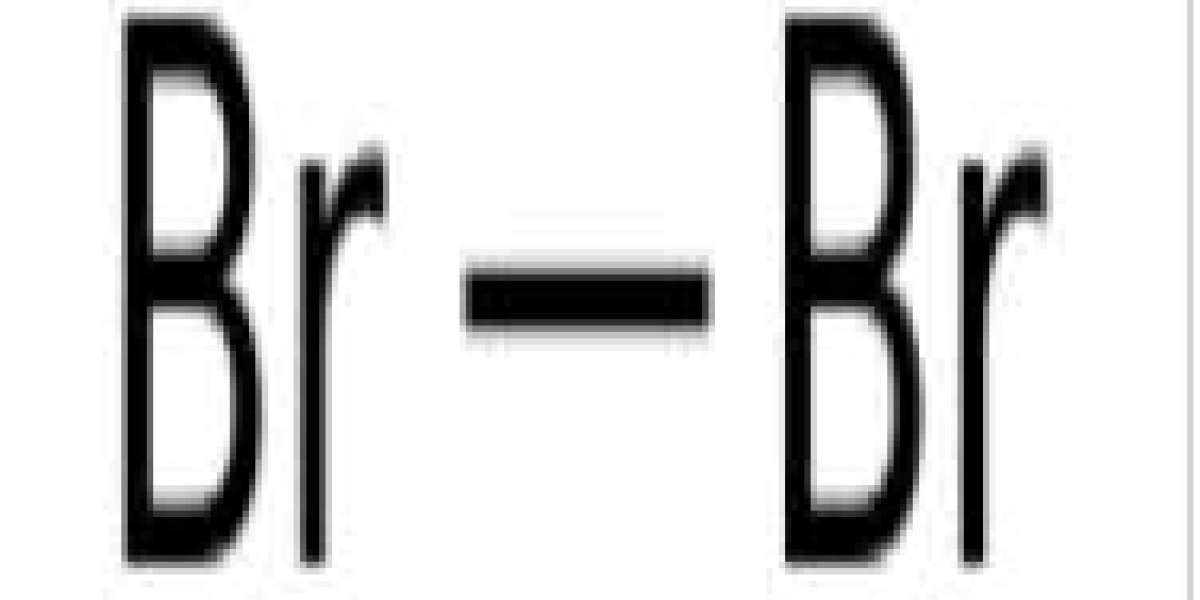When it comes to ensuring a comfortable environment during hot weather, understanding generator sizing for air conditioning requirements is crucial. A properly sized generator can make the difference between a cool, comfortable space and a frustrating experience with inadequate power supply. In this article, we will explore the key considerations for generator sizing and how to avoid common pitfalls.

Understanding Generator Sizing for Air Conditioning Requirements
Generator sizing involves calculating the power needs of your air conditioning unit. But how do you determine the right size? The first step is to identify the total wattage required by your air conditioning system. This includes both the running watts and the starting watts. The starting wattage is typically higher, as it accounts for the initial surge of power needed to kickstart the compressor.
- Running Watts: The continuous power required to keep the unit operational.
- Starting Watts: The additional power needed for a short duration when the unit starts up.
To find the total wattage, sum the running and starting watts. This total will guide you in selecting a generator that can handle the load without straining.
Common Pitfalls in Generator Sizing
Many people underestimate the importance of accurate calculations when sizing a generator. One common pitfall is selecting a generator based solely on the air conditioning unit's running wattage, ignoring the starting wattage. This can lead to insufficient power during startup, causing the generator to overload and potentially fail.
Another mistake is failing to consider additional appliances that may be running simultaneously. If you plan to use other devices alongside your air conditioning, it is essential to factor in their wattage as well. This comprehensive approach ensures that your generator can handle the total load effectively.
Factors to Consider When Sizing a Generator
Several factors influence the generator sizing process. Here are some key considerations:
- Type of Air Conditioning System: Central air conditioning units typically require more power than window units.
- Climate Conditions: In hotter climates, air conditioning units may work harder, necessitating a larger generator.
- Generator Efficiency: Consider the efficiency rating of the generator, as this can affect its performance.
By taking these factors into account, you can ensure that your generator is adequately sized for your air conditioning needs.
Conclusion: Ensuring Optimal Performance
In conclusion, understanding generator sizing for air conditioning requirements is essential for maintaining comfort during hot weather. By accurately calculating the total wattage needed and avoiding common pitfalls, you can select a generator that meets your needs effectively. For more detailed guidance on this topic, consider visiting this resource.
Proper generator sizing not only enhances the performance of your air conditioning system but also prolongs the life of your generator. Remember, a well-sized generator is an investment in comfort and reliability.


